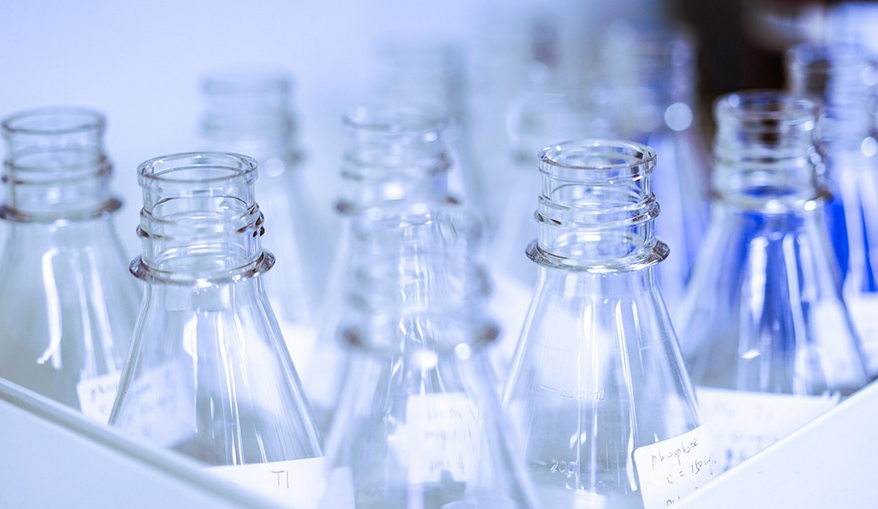Introduction
Inflammation is an essential part of the body’s immune response, which helps to protect the body from harmful stimuli such as pathogens, toxins, and injured tissues. It is a complex process that involves the activation of various cellular and molecular mechanisms. One of the critical mechanisms is the release of chemical mediators of inflammation. In this article, we will discuss the basics of chemical mediators of inflammation slideshare.
What are Chemical Mediators of Inflammation?
Chemical mediators of inflammation are substances that are produced by various cells in the body, including immune cells, endothelial cells, and epithelial cells. They play a crucial role in initiating and regulating the inflammatory response. These mediators can be classified into three main categories: cytokines, chemokines, and lipid mediators.
Cytokines
Cytokines are a broad category of proteins that are produced by immune cells. They act as signaling molecules that help to coordinate the immune response. Some of the most important cytokines involved in inflammation include interleukins, interferons, and tumor necrosis factors.
Chemokines
Chemokines are a type of cytokine that specifically attract immune cells to the site of inflammation. They help to guide immune cells to the damaged or infected tissues, where they can help to fight off the infection or repair the damage.
Lipid Mediators
Lipid mediators are a group of molecules that are derived from lipids, such as arachidonic acid. They play a crucial role in inflammation by regulating the activity of various immune cells, including neutrophils, macrophages, and T-cells.
How Do Chemical Mediators of Inflammation Work?
Chemical mediators of inflammation work by activating various cellular and molecular mechanisms that help to initiate and regulate the inflammatory response. They can stimulate the production of cytokines and chemokines, which in turn attract immune cells to the site of inflammation. They can also activate immune cells directly, leading to the production of reactive oxygen species and other molecules that help to destroy pathogens and damaged tissues.
What Are the Effects of Chemical Mediators of Inflammation?
The effects of chemical mediators of inflammation depend on the specific mediator involved and the context of the inflammation. In general, they can cause a range of effects, including: – Vasodilation: Chemical mediators can cause blood vessels to dilate, which increases blood flow to the site of inflammation. – Increased Permeability: Chemical mediators can also increase the permeability of blood vessels, allowing immune cells and other molecules to pass through the vessel walls and enter the tissue. – Pain and Swelling: Chemical mediators can stimulate nerve endings, leading to pain and swelling at the site of inflammation. – Fever: Chemical mediators can also stimulate the production of prostaglandins, which can cause fever.
Conclusion
Chemical mediators of inflammation are essential molecules that play a crucial role in initiating and regulating the inflammatory response. They can activate various cellular and molecular mechanisms that help to fight off pathogens and repair damaged tissues. Understanding the basics of chemical mediators of inflammation is crucial for developing effective treatments for inflammatory diseases.

